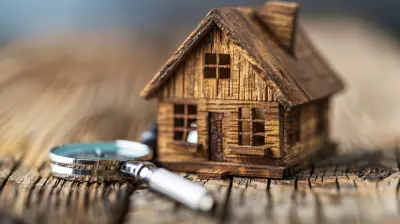Challenges and Rewards of Purchasing a Historic Home
13 July 2025
Buying a historic home is like stepping into a time machine—you get all the charm, character, and stories from the past. But with great beauty comes great responsibility! These homes come with quirks, potential headaches, and challenges you might not face with a modern house. So, is it worth it? Let’s dive into the rewards and challenges of owning a piece of history.
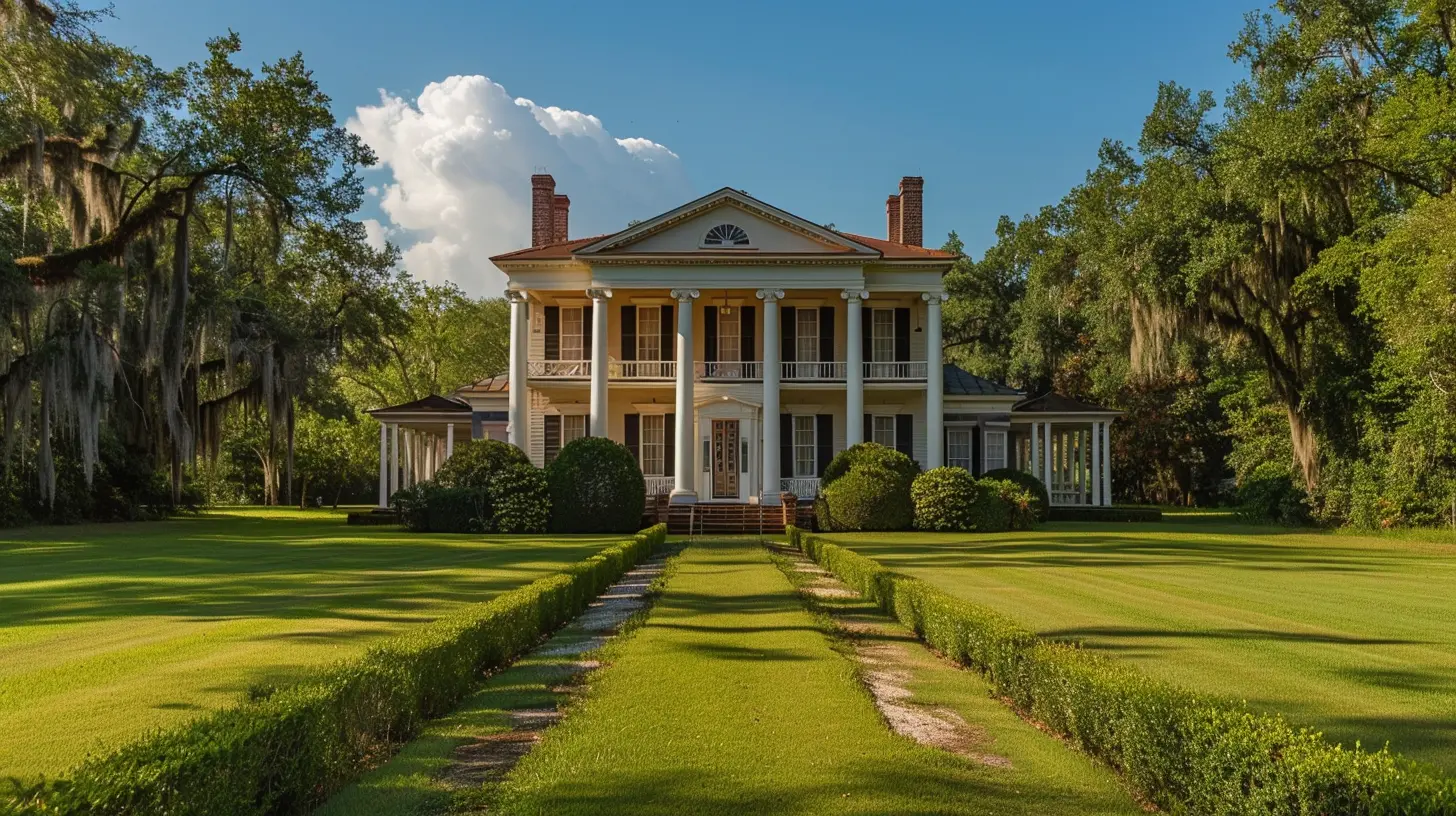
The Rewards of Purchasing a Historic Home
1. Timeless Charm and Unique Architecture
One of the biggest perks of a historic home is its distinct architecture. You won’t find cookie-cutter designs here! From Victorian-era detailing to Colonial craftsmanship, every inch tells a story. Unlike modern constructions, which often prioritize efficiency over aesthetics, historic homes were built with artistry in mind. Imagine living in a home with intricate crown molding, grand fireplaces, and stained-glass windows—pure magic!2. Strong Build Quality
They don’t make them like they used to! Historic homes were crafted with high-quality materials—solid wood, stone foundations, and hand-carved details built to stand the test of time. Many have weathered decades (or even centuries), proving they were built to last. Sure, maintenance is needed, but you're working with a foundation that has already stood strong for generations.3. Potential Tax Incentives and Grants
Did you know that owning a historic home can come with financial perks? Many federal, state, and local programs offer tax credits or grants to encourage the preservation of historic properties. Depending on your location, you could receive financial assistance for renovations that adhere to preservation guidelines. Free money for home improvements? Yes, please!4. A Connection to the Past
Living in a historic home isn’t just about owning a house—it’s about preserving history. Every creaky floorboard and ornate doorway holds stories from past residents. It’s like owning a living piece of history, and you get to be part of its ongoing narrative.5. High Resale Value and Desirability
Because of their unique appeal, historic homes tend to maintain or even increase in value over time. Many buyers seek out homes with rich histories, making them highly desirable in the real estate market. If you maintain your home well, it could turn out to be a great long-term investment.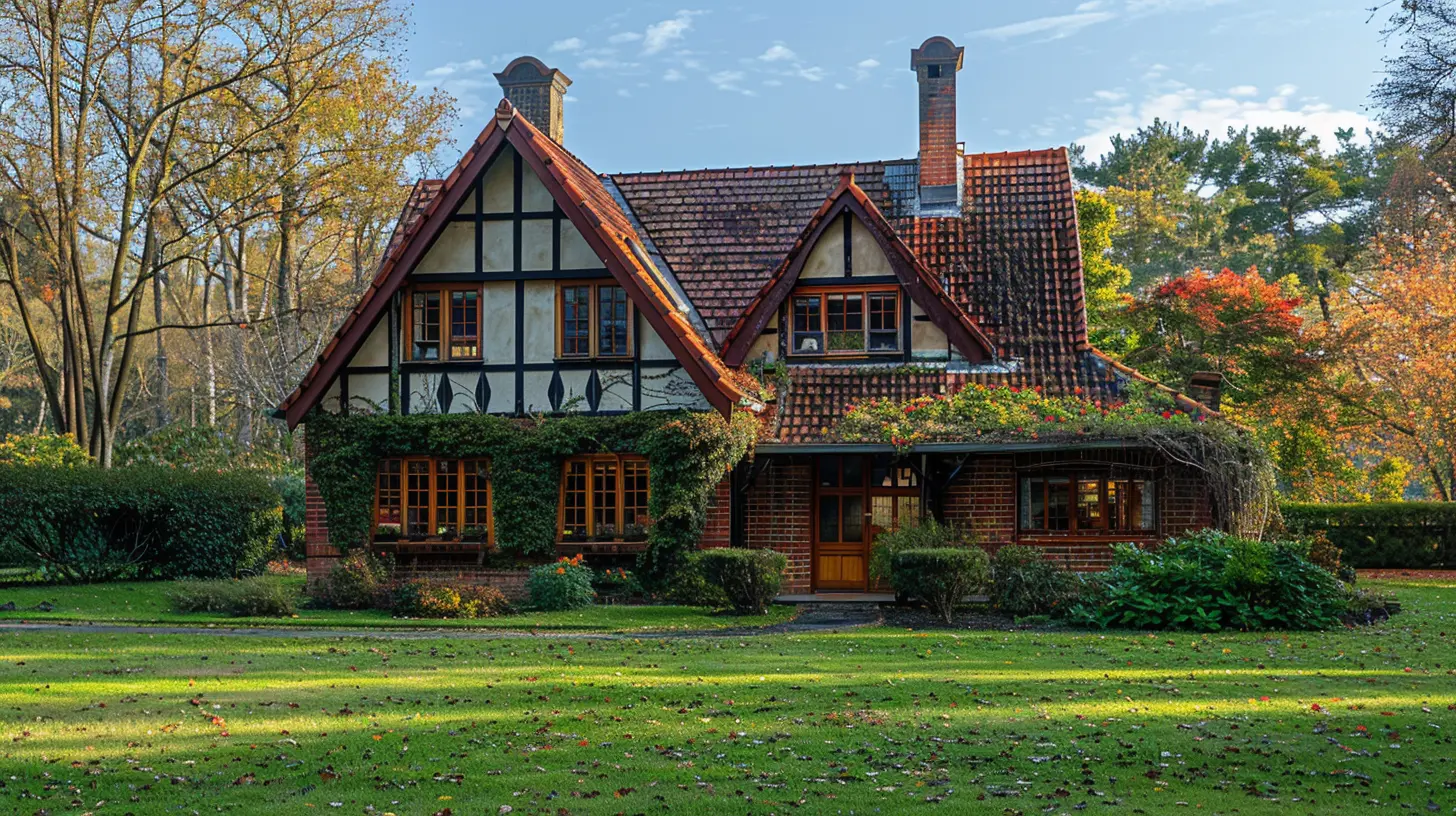
The Challenges of Purchasing a Historic Home
Now, before you start daydreaming about sipping tea on your grand front porch, let’s talk about the challenges. Owning a historic home isn’t always as glamorous as it sounds.1. Strict Preservation Rules and Regulations
Many historic homes are part of designated historic districts, meaning you can’t just renovate however you want. Local preservation boards often have strict guidelines on what changes can be made to the structure, materials, or even paint color. Want to add modern windows or expand your kitchen? You’ll likely need approval, and getting it can be a slow (and sometimes frustrating) process.2. High Maintenance and Repair Costs
While historic homes were built to last, the materials and craftsmanship used back in the day aren’t always easy to replace. Repairs often require specialized contractors who understand historic restoration, and that expertise comes at a price. If your home has original plaster walls, antique fixtures, or century-old hardwood floors, maintaining them can be costly.3. Outdated Plumbing, Wiring, and Insulation
Many historic homes come with outdated electrical systems, plumbing, and insulation that need a major upgrade. Ever wondered why old houses have so many outlets in weird spots? Because they weren’t built for today’s tech-heavy world! Rewiring a historic home can be expensive and complicated, especially if the walls are made from materials not commonly used today.The same goes for plumbing—old pipes can corrode and leak, leading to costly repairs. And insulation? Many historic homes lack proper insulation, making heating and cooling a challenge. Expect higher energy bills unless you invest in upgrades (which, again, may require special approvals).
4. Foundation and Structural Issues
Time takes its toll. Many historic homes have foundation issues, uneven floors, or shifting walls due to settling over decades (or even centuries). Repairing historic foundations isn’t always straightforward, especially if the original materials need to be matched to maintain authenticity. Before buying, a thorough inspection by a specialist in historic properties is a must.5. Hazardous Materials (Lead Paint and Asbestos)
Back in the day, lead-based paint and asbestos were commonly used in home construction. If you buy a historic home, there’s a good chance you’ll encounter these hazardous materials. Removing them safely requires professional abatement, which can be pricey but necessary for your health.6. Insurance Costs Can Be Higher
Because of their age and potential risks (like outdated wiring or plumbing), historic homes often come with higher insurance premiums. Some insurance companies won’t cover older homes unless they've been modernized to meet current safety codes. You might need to shop around for specialized insurers who provide policies for historic properties.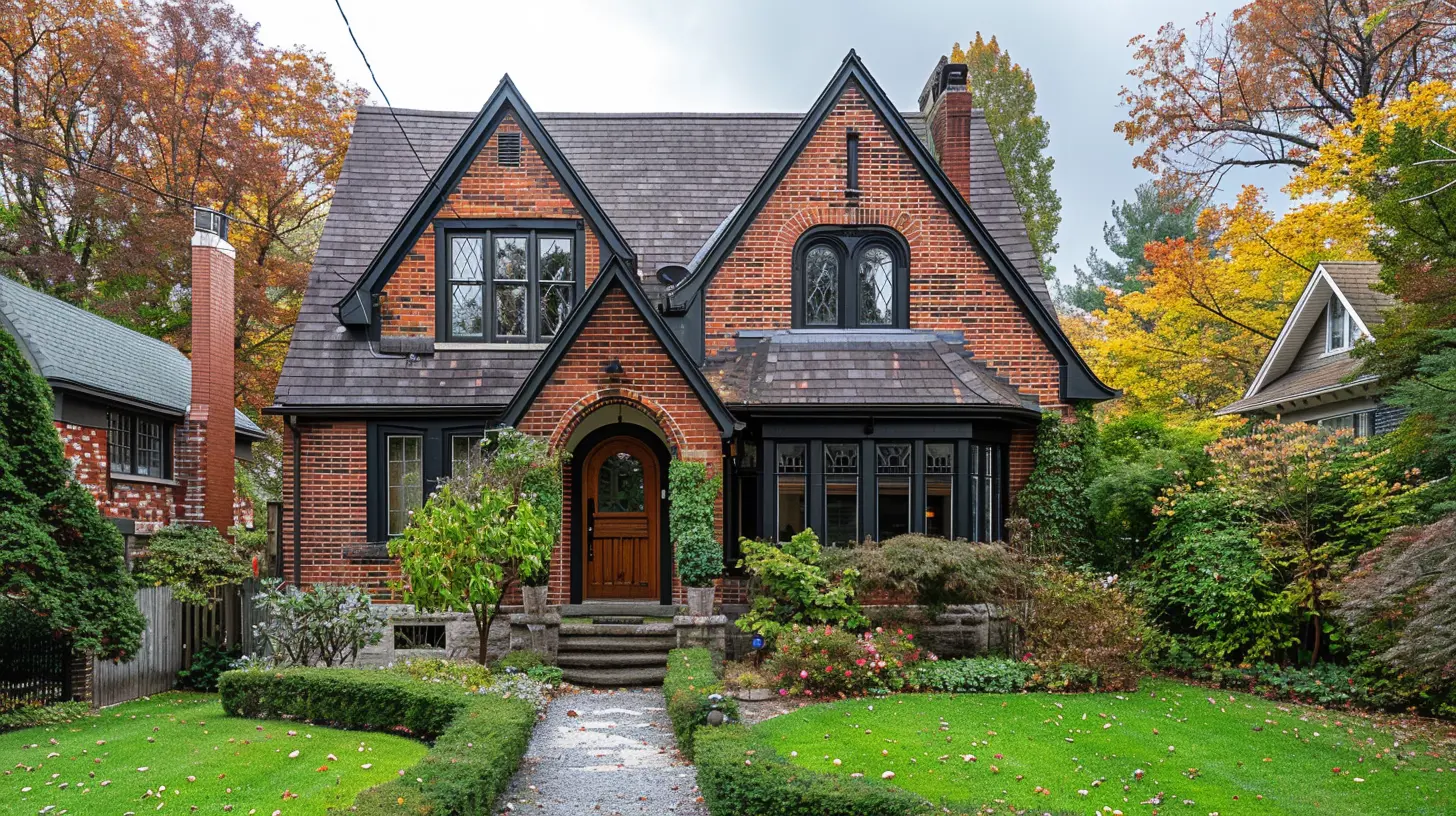
Is a Historic Home Right for You?
Buying a historic home is a commitment. It’s not just about owning a property—it’s about becoming a steward of history. If you love unique character and don’t mind the extra effort (and cost) that comes with maintaining an older home, it could be a dream come true.But if the thought of dealing with unexpected repairs, strict regulations, and higher costs gives you second thoughts, you might be better off with a newer build. It all comes down to what you value in a home.
Tips for Buying a Historic Home
- Get a specialized inspection: Hire a home inspector who specializes in historic homes. A standard inspection might not catch all the unique issues older homes can have.- Research local regulations: Make sure you're aware of any restrictions before buying. The last thing you want is to plan a renovation only to find out it’s not allowed.
- Budget for repairs and upgrades: Even if the home looks great, assume that some costly maintenance will be needed down the line.
- Find the right insurance: Look for insurers who specialize in historic properties to get the best coverage.
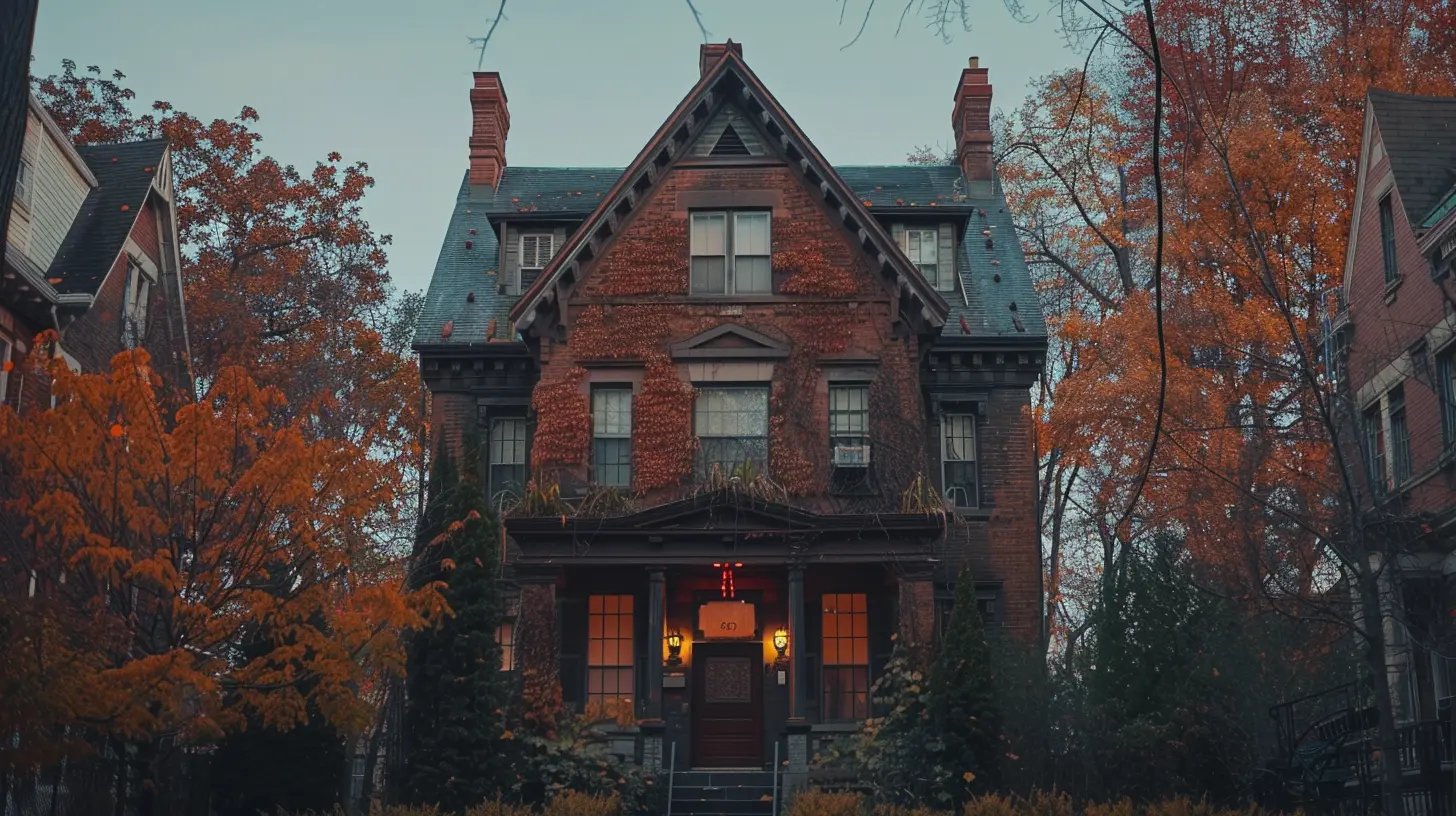
Final Thoughts
Owning a historic home is a labor of love. The beauty, craftsmanship, and history are undeniable, but so are the responsibilities. If you’re willing to put in the work, the rewards can be incredibly fulfilling. But if you prefer an easy, low-maintenance lifestyle, a historic home might not be the best fit.Would you take on the challenge of owning a historic home? Let us know in the comments!
all images in this post were generated using AI tools
Category:
Historic HomesAuthor:

Kingston Estes
Discussion
rate this article
1 comments
Caleb McMurtry
Buying a historic home: where every creak in the floor is a friendly ghost saying, 'Welcome!' Just remember, renovations may uncover more surprises than a mystery novel!
July 26, 2025 at 3:46 AM

Kingston Estes
Absolutely! Embracing the quirks of a historic home can lead to delightful discoveries—both charming and challenging. It's a journey filled with character and stories!


